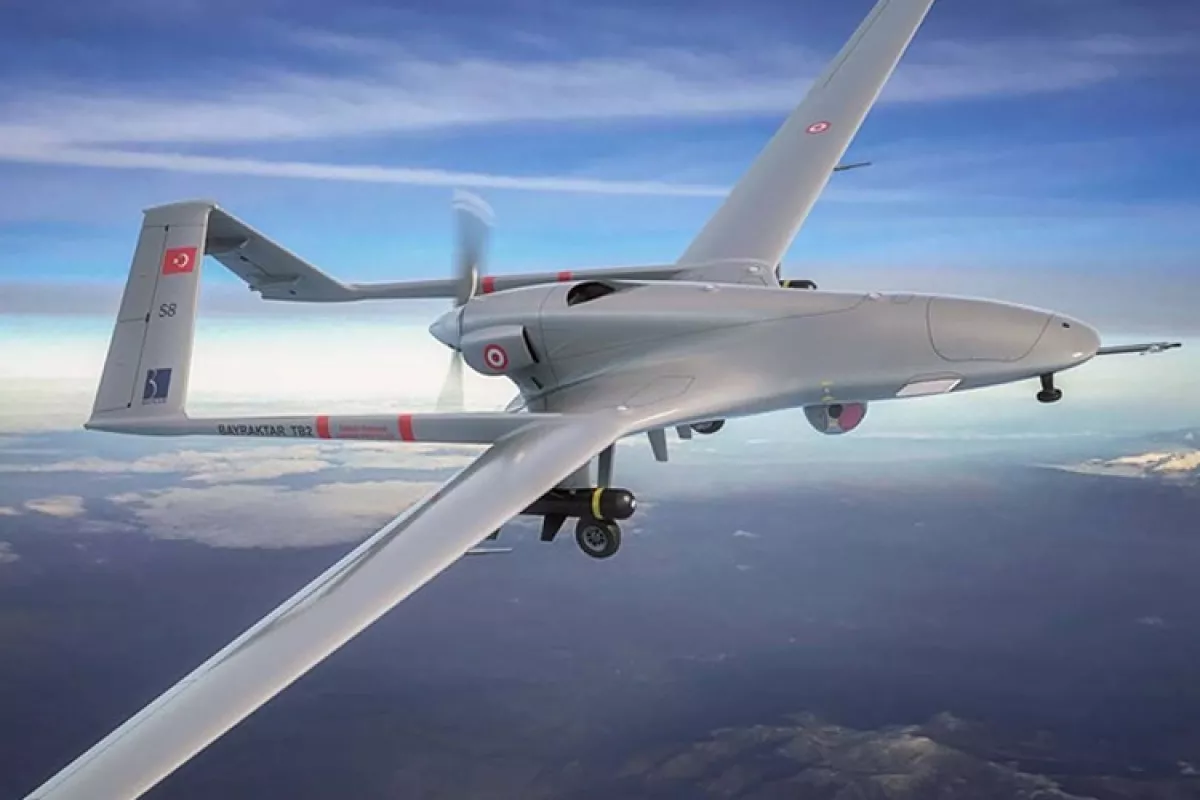How Türkiye strengthened its strategic presence in Libya Daily Sabah article / photo
Turkish newspaper Daily Sabah has published an article discussing g Türkiye's role in supporting Libya's Government of National Accord (GNA) amid the country's conflict and political struggles. Caliber.Az reprints the piece.
Türkiye started providing political and military support to the Government of National Accord (GNA) in 2019, which has been recognized as a legitimate government by the United Nations since its first day in office.
Türkiye's support of the GNA consolidated the administration in and around Tripoli, which was attacked by Khalifa Haftar, the leader of the illegitimate armed forces in eastern Libya.
With Türkiye's strong military-political support and Italy's partial support the Tripoli administration put up a successful resistance. The Haftar forces, which advanced to the streets of Tripoli, were first driven away from the capital and then pushed back as far as Sirte.
Although there have been minor clashes and tensions from time to time, with the permanent cease-fire approved on October 23, 2020, large-scale clashes have stopped, and activities for a political solution have increased.
Türkiye's comprehensive support to the GNA in Libya within the framework of military cooperation agreements includes consultancy, training, military equipment delivery and intelligence sharing.

Türkiye's intervention, especially with the effective use of Bayraktar TB2 UCAVs, neutralized Haftar forces' critical air defence systems, such as Pantsir, and helped the GNA gain the upper hand on the ground.
The active use of Turkish-made Kirpi II and Vuran armoured vehicles in the field enhanced logistics and combat capabilities.
Türkiye's advanced defence industry played a key role in its military success in Libya. Turkish Korkut air defence systems deployed to Libya have been active in defending against drones, while Fırtına Howitzers have severely worn down Haftar militias with intense and accurate suppressive fire.
FNSS ACV-15 armoured vehicles were also deployed in Libya, while the Libyan army received training for the T-122 Sakarya MRLSs.
In addition, Türkiye's presence in Libya was not limited to land elements; the Turkish Naval Forces Command undertook air defence missions against Haftar's forces off the coast of Libya and even hit some strategic targets with naval guns.
The KARGU Kamikaze UAV developed by STM has proven itself in the Libyan field by being used in critical operations under the command of various units. Following its activities in Libya, activities have increased in the export of KARGU to different countries.
In addition to this support, Türkiye is also considered to have engaged in serious activities in the region in terms of the use of electronic warfare systems. However, detailed information is not available due to the difficulty in tracking these activities and the high level of secrecy.
Türkiye continues its activities to strengthen the Tripoli-based official government after the repulsion of the Haftar forces. In this context, in addition to Bayraktar TB2, more capable UCAVs, such as the Akıncı UCAV, were exported directly to Libya.

Türkiye continues to contribute to Libya both in terms of training activities through the TAF and technical capabilities through the defence industry.
On the other hand, military support and the influence of the defence industry in Libya are directly linked to Türkiye's policy of protecting its strategic interests in the Eastern Mediterranean. Türkiye's military presence in the region affects not only the balance in Libya but also the energy policies and maritime jurisdictional disputes in the Eastern Mediterranean.








